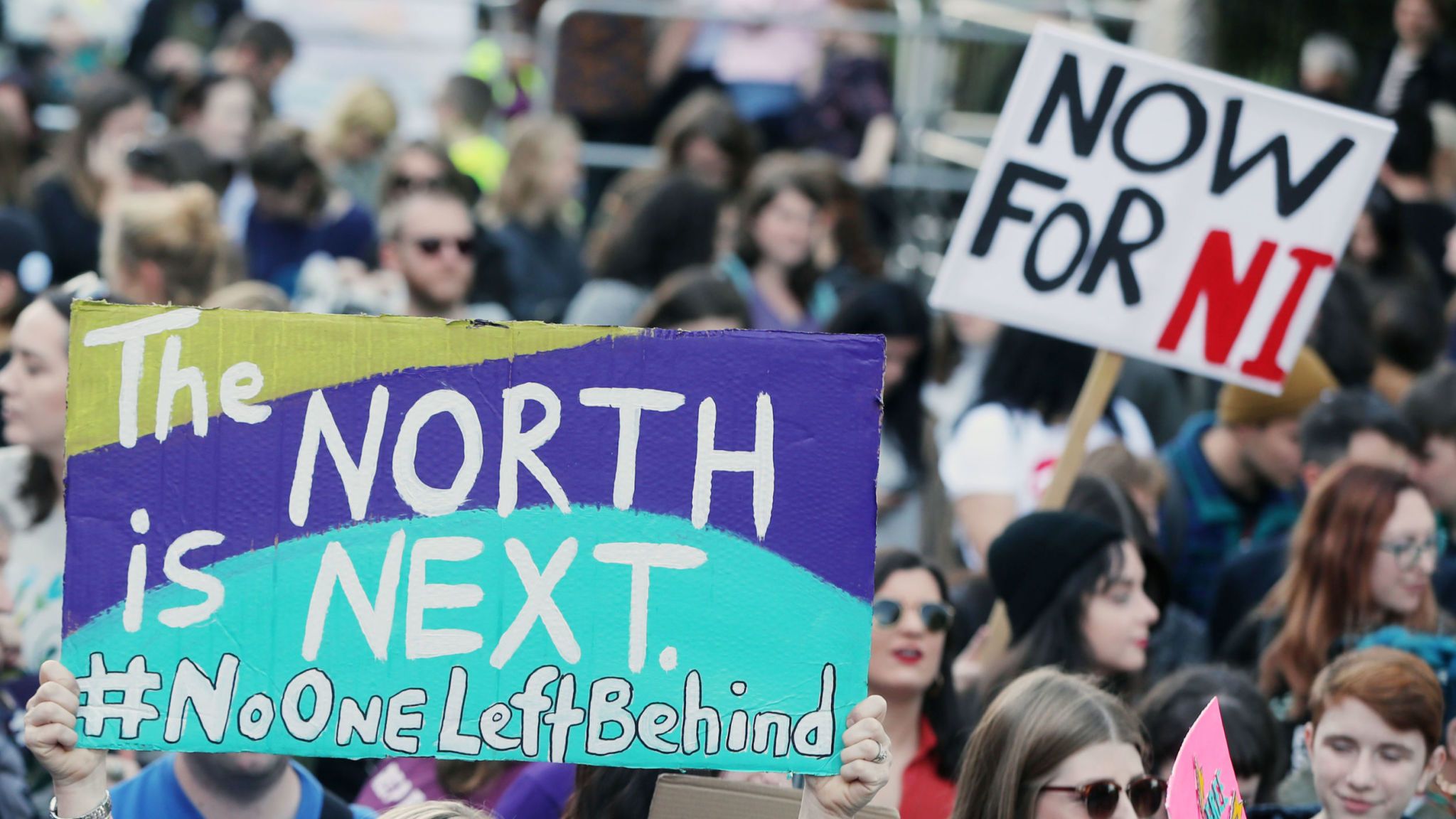This week thousands of people’s lives were changed as Westminster declared same-sex marriage and abortion legal in Northern Ireland. This is a monumental change that has so many positive effects. However, simultaneously, I can’t believe how long it’s taken to get to this point.
Although Northern Ireland was the first place in the UK to hold civil partnerships ceremonies, in 2005, it is the last to legalise same-sex marriage, despite the years of campaigning preceding it.
Both of these issues still spark huge debate and the controversy that still exists was clearly shown by the DUP party leader, Arlene Foster, who described the day the legislation was passed as ‘remorseful’ and ‘shameful’. There have also been accusations of Westminster hijacking what should remain a Northern Irish issue, however, since the government in Northern Ireland is still devolved and non-functional, there wasn’t really a lot they could do about it.
The decriminalisation of abortion is a pivotal moment for women’s rights given the suffering that so many have endured whilst abortion has been illegal. Women denied abortion can be forced to carry babies knowing they won’t survive due to medical reasons, thus causing severe psychological stress, or forcing them to go to extreme lengths to have an abortion via other illegal and potentially harmful methods. For many, this meant travelling to England to have an abortion as over 1000 women in 2018 did or resorting to online abortion pills. Needless to say, these pills can cause many complications, being dubbed by some as the new ‘back street abortions.’
“Abortions happen, whether or not they are legal, a change in the law simply means that they will be safer and more accessible for anyone who needs them.“
There is clearly much that needs to be done in terms of social perception of these issues. In terms of the legalisation of same-sex marriage, gay couples now have equal rights to heterosexual couples, however stigma still exists, and rates of hate crime are still high and shockingly (according to Gay Times Magazine) one in ten people in the UK still think LGBTQ people are ‘dangerous’ or can be ‘cured’.
On a broader scale, the LGBTQ+ community still has a way to go in terms of being accepted. For instance, in the USA, 29 states still have no legislation against conversion therapy, something which makes LGBT people 8.9 times more likely to consider suicide according to an article in The Guardian. The impact of the Trump presidency has of course also had a major effect on the lives and rights of LGBTQ+ people in America, both through legislation and the creation of a political and social climate in which it is acceptable to openly discriminate against those of the LGBTQ+ community.
Whilst we celebrate this week for the people of Northern Ireland who are finally liberated, we must at the same time remember that we still have a long way to go in achieving equality for everyone.
Natasha Austen

